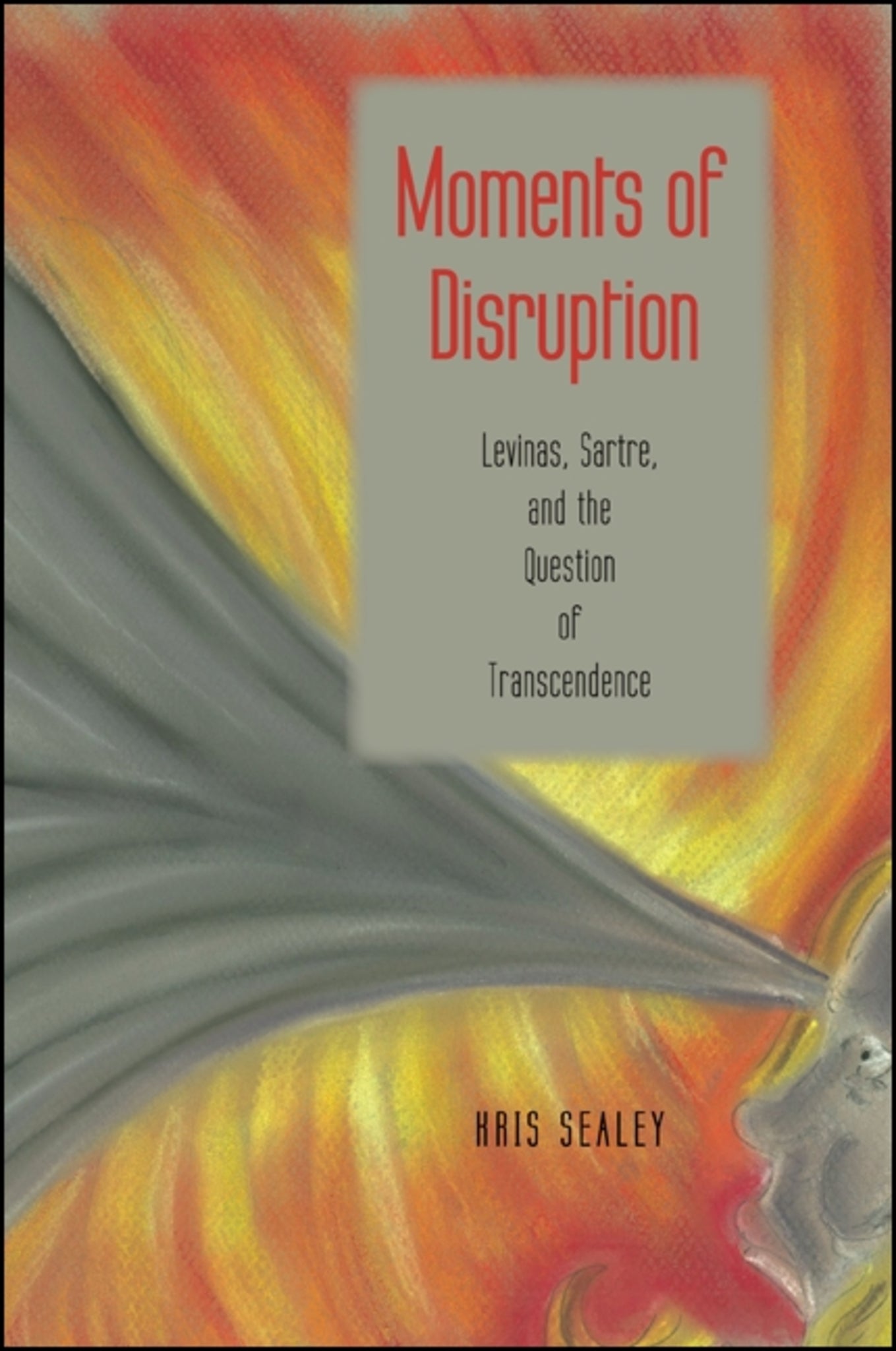We're sorry. An error has occurred
Please cancel or retry.
Moments of Disruption

Some error occured while loading the Quick View. Please close the Quick View and try reloading the page.
Couldn't load pickup availability
- Format:
-
01 December 2013

Explores the ethical and political implications of Levinas's and Sartre's accounts of human existence.
In Moments of Disruption, Kris Sealey considers Emmanuel Levinas and Jean-Paul Sartre together to fully realize the ethical and political implications of their similar descriptions of human existence. Focusing on points of contact and difference between their writings on transcendence, identity, existence, and alterity, Sealey presents not only an understanding of Sartrean politics in which Levinas's somewhat apolitical program might be taken into the political, but also an explicitly political reading of Levinas that resonates well with Sartre's work. In bringing together both thinkers accounts of disrupted existence in this way, a theoretical place is found from which to question the claim that politics and ethics are mutually exclusive.


Acknowledgments
Introduction
1. The Role of Being in Sartre’s Model of Transcendence-as-Intentionality
2. Positionality in Levinas’s Transcendence-as-Excendence
3. Levinasian Positionality in Sartre’s Account of Nausea
4. Levinasian Positionality Implicit Sartre’s Affective Experiences
5. Levinas and Sartre on the Question of the Other
Concluding Remarks
Notes
Bibliography
Index



